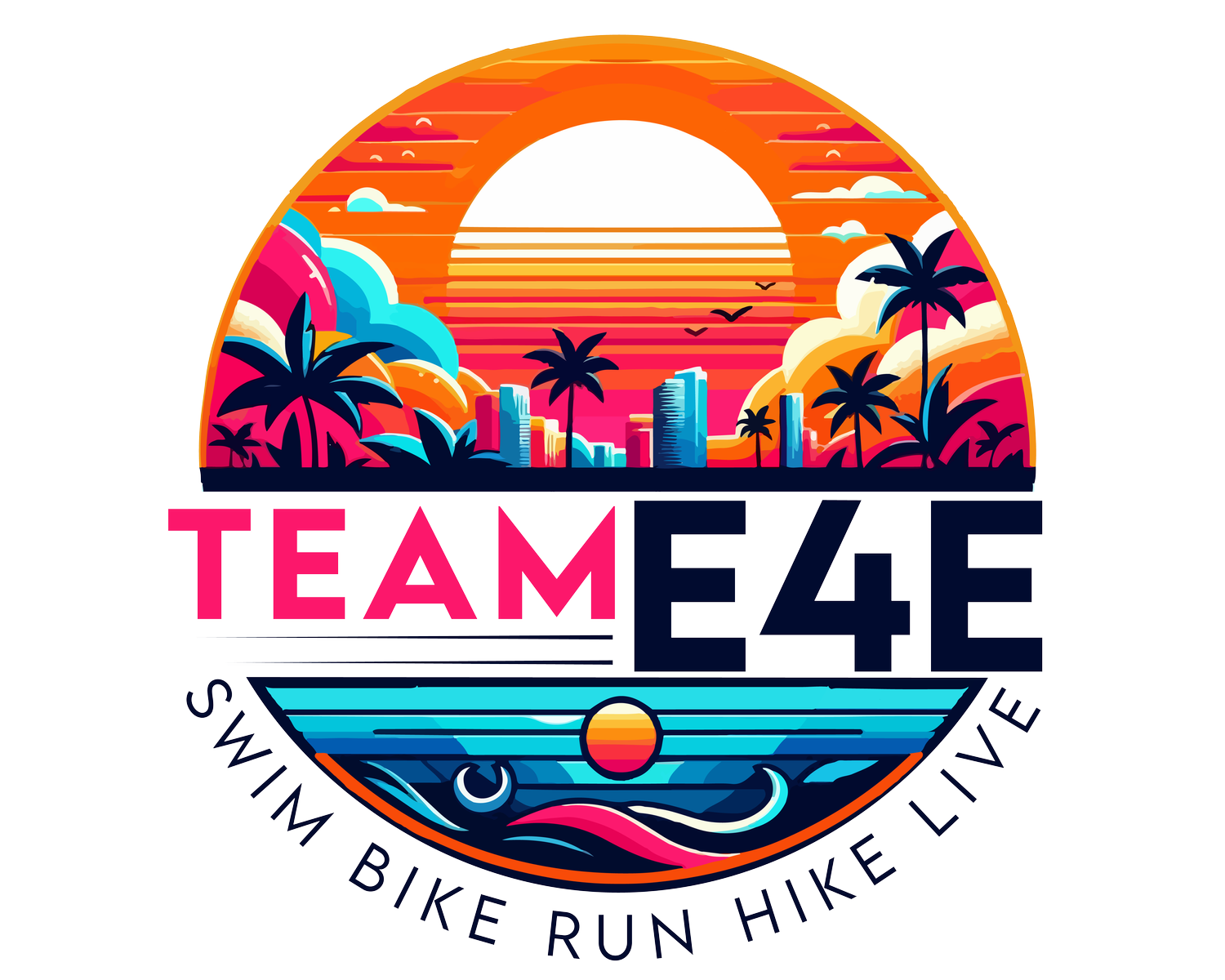Book Review of “80/20 Triathlon: Discover the Breakthrough Elite-Training Formula for Ultimate Fitness and Performance at All Levels” by Matt Fitzgerald and David Warden
"80/20 Triathlon," authored by Matt Fitzgerald and David Warden, introduces a unique training methodology for triathletes. The core principle of the book revolves around the idea that 80% of training should be done at a low intensity, while the remaining 20% should be at moderate to high intensity. This concept is based on the observation that many athletes tend to train too hard in their easy sessions and not hard enough in their high-intensity workouts, leading to burnout and suboptimal performance.
Structure and Content
The book is structured to provide a comprehensive guide to triathletes of all levels. It begins with an explanation of the 80/20 rule, backed by scientific research and empirical data. The authors delve into the physiology behind why this training method is effective, making a compelling case with accessible language.
Subsequent chapters are dedicated to applying the 80/20 rule in training regimens for swimming, cycling, and running. These sections are particularly detailed, offering specific workouts, training plans, and tips on how to adjust the intensity levels correctly.
There are also chapters on nutrition, injury prevention, and mental strategies, which are crucial for any endurance athlete. The book rounds off with real-life success stories, showcasing how athletes have effectively implemented the 80/20 method in their training.
Analysis of Content
Fitzgerald and Warden have done an excellent job in breaking down complex training methodologies into understandable concepts. The scientific backing for the 80/20 rule is presented in a way that is both informative and engaging. They use a mix of anecdotal evidence and research to create a compelling narrative.
One of the book's strengths is its practicality. The training plans and workouts are laid out in a manner that is easy to follow, and there is a strong emphasis on personalization. The book acknowledges that each athlete is unique and encourages readers to adapt the principles to their circumstances.
However, the book might be overwhelming for beginners due to its detailed nature. While the authors have tried to cater to all levels, the sheer amount of information can be daunting for those new to the sport.
Pros
Scientifically Backed Methodology: The 80/20 rule is presented with substantial scientific evidence, making it a credible approach to training.
Comprehensive: The book covers all aspects of triathlon training, including nutrition, mental strategies, and injury prevention.
Practical Application: The inclusion of specific workouts and training plans makes it easy to implement the 80/20 rule.
Personalization: Emphasis on adapting the training to the individual athlete's needs and circumstances.
Inspirational: Real-life success stories serve as motivation and proof of the effectiveness of the methodology.
Cons
Potentially Overwhelming: The level of detail and breadth of information might be too much for beginners.
Requires Discipline: The 80/20 rule demands strict adherence to intensity levels, which may be challenging for some athletes.
Limited Focus on Equipment: Little attention is given to the choice of equipment, which is also a crucial aspect of triathlon.
Risk of Misinterpretation: There is a possibility of misinterpreting the intensity levels, leading to ineffective training.
Assumes Basic Understanding: The book assumes a basic level of understanding of triathlon, which might exclude absolute beginners.
Conclusion
"80/20 Triathlon" by Matt Fitzgerald and David Warden is a valuable resource for triathletes seeking to optimize their training. The 80/20 rule, supported by scientific evidence, offers a balanced approach to training that can lead to improved performance and reduced risk of injury. While the book is comprehensive and practical, it may be overwhelming for beginners and requires a disciplined approach to training. Overall, it's a significant contribution to triathlon literature, offering insights that can benefit athletes at various levels.
